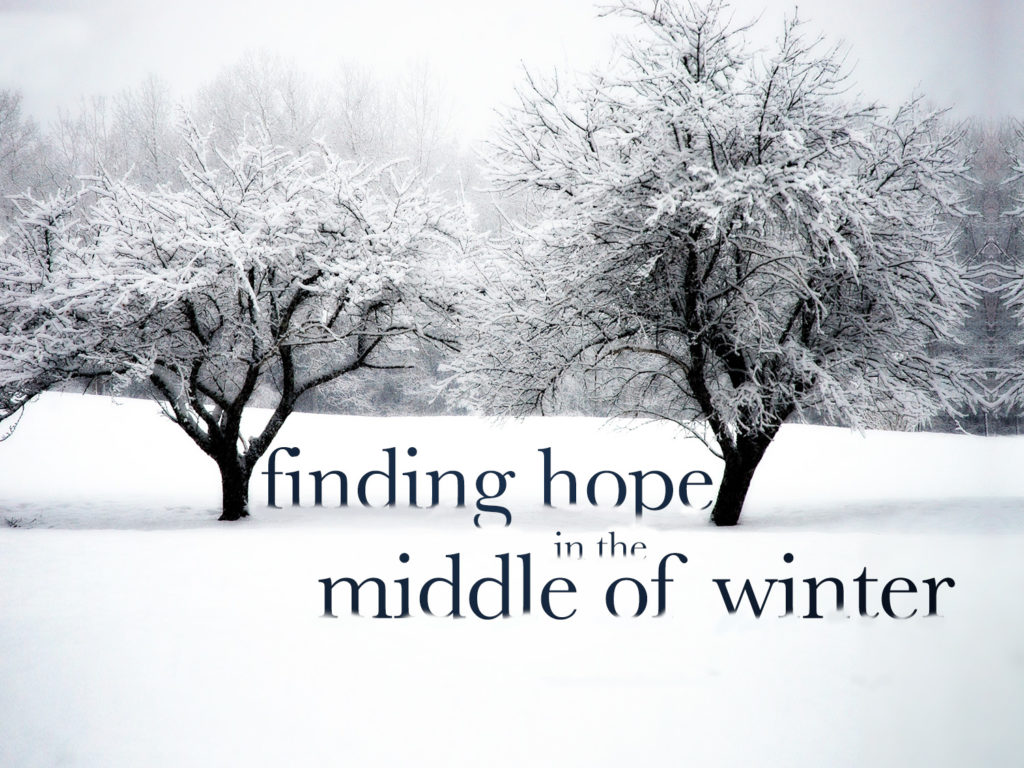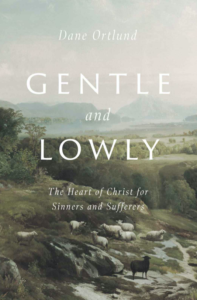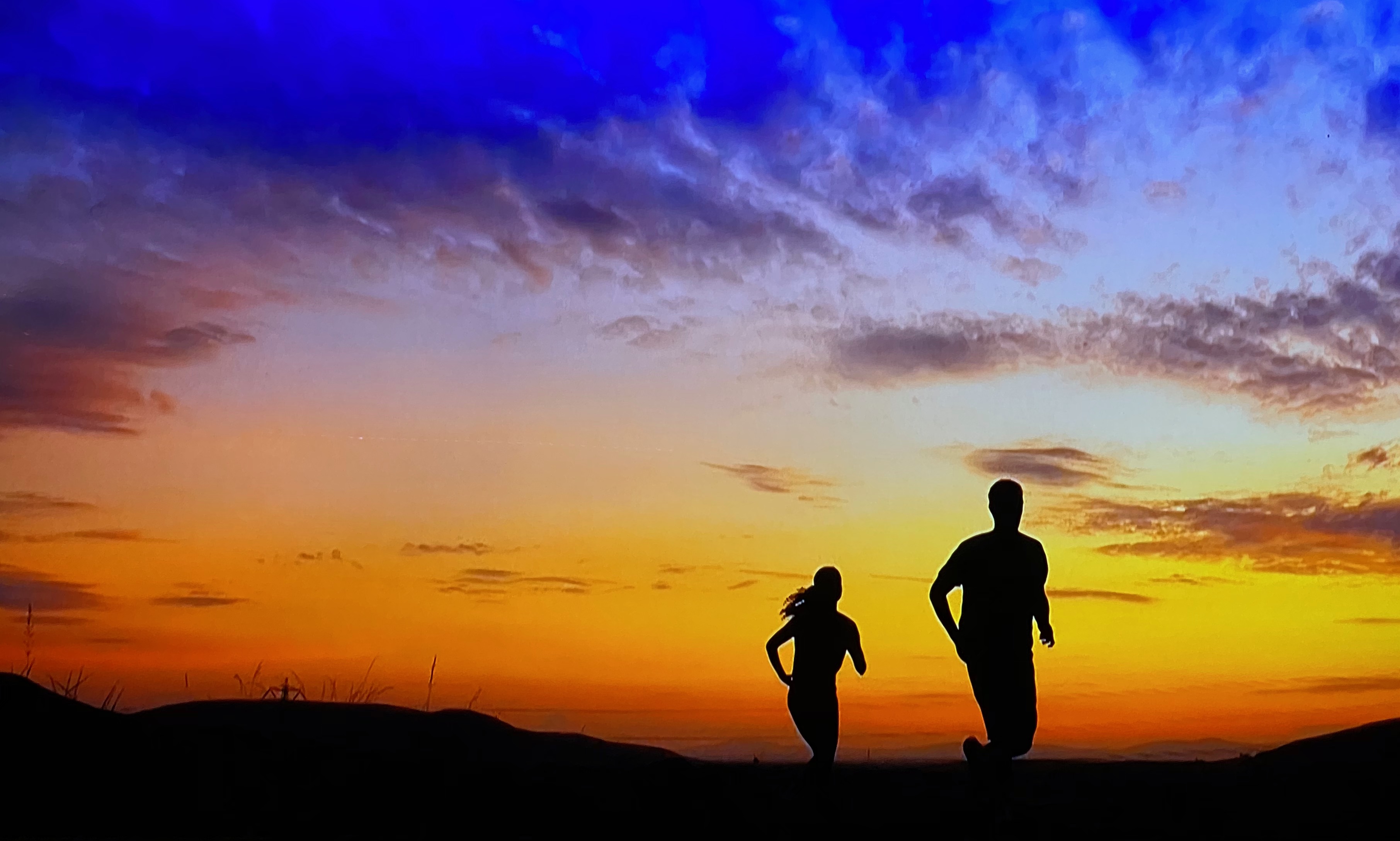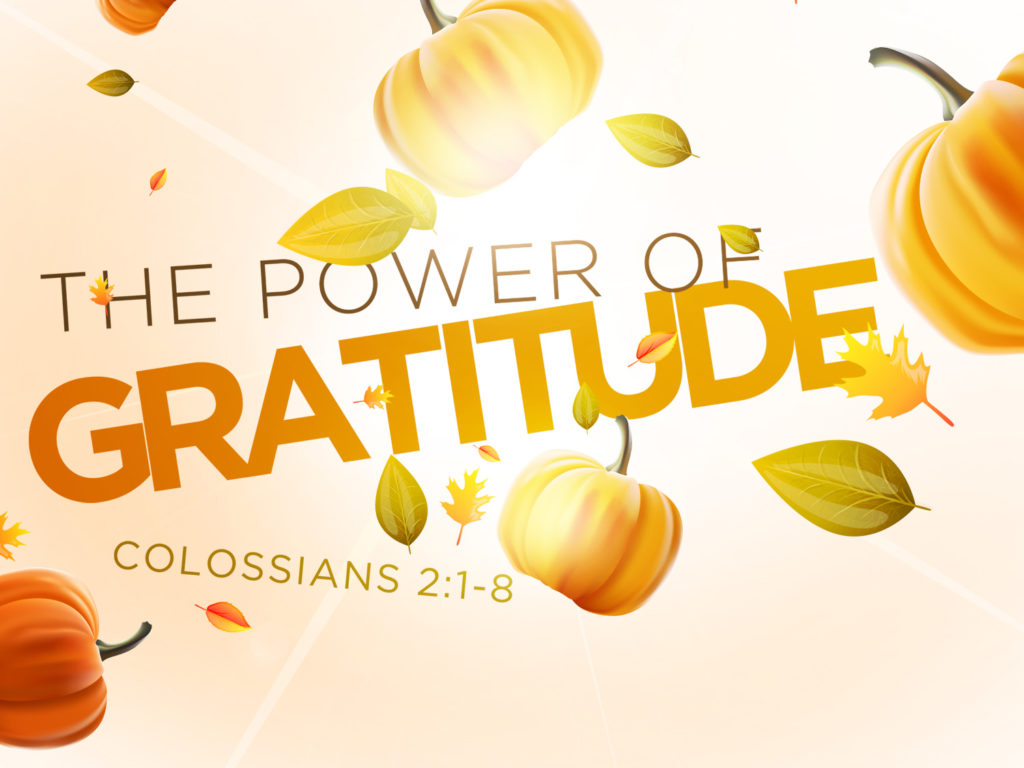
The best leadership during turbulent times is both realistic and reassuring. And the more realistic people believe it to be, the more reassured they will become.
This is one of the great challenges all leaders face – whether they are pastors, prime ministers or presidents. Being able to articulate the reality of a given situation – as accurately as possible, and yet reassuring the people you lead that there is hope on the horizon – is always a challenge.
Leadership must be realistic.
The people you lead must believe that your assessment of the current situation is realistic. That’s not an easy target to hit. Some will feel you are being too optimistic, others too pessimistic.
As one writer described it (our current Covid-19 crisis and the corresponding economic fallout), we are either entering:
- a blizzard that will be over in 6-8 weeks.
- Or a blizzard, followed by an economic winter.
- Or a blizzard, followed by an economic winter, which would then be followed by a mini-economic ice age.
All of us would agree that we are in both an economic and health blizzard (at the very least). As of this morning, just under 10 million Americans have filed jobless claims in the past two weeks. In the last week alone, 6.6 million people filed jobless claims. The previous highest week in the history of our country was just over 680,000 in one week in 1982. These numbers are certainly eye-opening and sobering. We are truly living in unprecedented times.
Though I don’t think (at this point) we will head into an economic mini-ice-age, I do believe we will be facing an economic winter of some length. Some argue that the “winter” will be relatively short. Others say it will be prolonged and drawn out for a year to two years (or more).
No one knows for sure – outside of our omniscient Lord – exactly what the future looks like. Who would have predicted accurately back in January the circumstances that we are facing today?
But even though we may not know the extent of this crisis and how long and deep it will be, there are several things that we can know and hold onto.
Leadership must be reassuring.
Here are four things we can know and cling to that will help us as we proceed through this blizzard and into some type of economic winter:
ONE: If you are in Christ, you always have hope.
Kevin DeYoung said it this way, “The Bible doesn’t tell us that we have to be a pessimist or that we ought to be an optimist. What it does tell us is that we ought to be people of hope …. Hope is not wishful thinking. Hope is an unwavering confidence in the power and the promises of God.”
What anchors us in times like this? What is our foundation? Anything less than God (and God alone) will ultimately fail us.
“Find rest, O my soul, in God alone;
my hope comes from him.
He alone is my rock and my salvation;
he is my fortress; I will not be shaken.
My salvation and my honor depend on God;
he is my mighty rock, my refuge.”
(Psalms 62:5-7 – NIV84)
TWO: Prayer will bring peace to your soul – it will help alleviate your worries and fears.
“Do not be anxious about anything, but in everything by prayer and supplication with thanksgiving let your requests be made known to God. And the peace of God, which surpasses all understanding, will guard your hearts and your minds in Christ Jesus.” (Philippians 4:6-7 – ESV)
The Apostle Paul is essentially saying, “Turn your worries and anxieties into prayer.”
Billy Graham was once asked what his favorite Christian hymn was. His answer was What a Friend We Have in Jesus.
The words to the chorus are appropriate in times like these:
“Oh, what peace we often forfeit
Oh, what needless pain we bear
All because we do not carry
Everything to God in prayer.”
During this season (and every season) it is wise to focus on one day at a time. Don’t catastrophize the future. Trust your good and loving Father to guide you each day, each step of the way.
Jesus said in Matthew 6:34, “Therefore, do not worry about tomorrow, for tomorrow will worry about itself. Each day has enough trouble of its own.”
THREE: Your perspective of the world and your circumstances makes a huge difference in your mental, emotional and spiritual health.
As God’s children, we view life through the lens of biblical truth.
This point brings to mind the story of Elisha’s servant, who couldn’t see all of the resources God had brought to the battle. Elisha prayed:
“’O Lord, open his eyes so he may see.’ Then the Lord opened the servant’s eyes, and he looked and saw the hills full of horses and chariots of fire all around Elisha.” (2 Kings 6:17 – ESV)
Our perspective of our current circumstances can make a huge difference in whether we go through our days filled with peace or filled with panic.
I just returned home from visits to four poverty-stricken nations last month. In these Majority World countries, many people (and pastors) are living in mud huts with dirt floors, no running water and no electricity. They have no health insurance and very little, if any, access to decent, basic health care.
And yet, the individuals I interacted with were some of the (truly) happiest people I have ever met. They have a peace and a joy that comes from knowing and trusting Jesus. Their faith translates into how they view life each day.
Scripture teaches us that, ultimately, our life is in God’s hands.
As the Psalmist said, “But I trust in you, Lord; I say, ‘You are my God.’ My times are in your hands…” (Psalm 31:14-15a – NIV)
Similarly, contemporary Christian music artist Kathy Troccoli recorded a song with these powerful lyrics:
My life is in your hands
My heart is in your keeping
I’m never without hope
Not when my future is with you
(from My Life is in Your Hands)
C.S. Lewis once wrote, “I believe in Christianity as I believe that the sun has risen; not only because I see it, but because by it I see everything else.”
Christianity gives us a worldview and a true and clear perspective on life.
FOUR: God is a good and gracious God. He can (meaning He is sovereign) and He cares(He is good and loving).
God is good and gracious. He loves you more than you know. As Isaiah the prophet said:
“Lift your eyes and look to the heavens: Who created all these? He who brings out the starry host one by one and calls them each by name. Because of his great power and mighty strength, not one of them is missing.” (Isaiah 40:26 – NIV84)
The Lord who flung the stars into space and calls them each by name also cares for you in a deep and profound way. In that same chapter, Isaiah writes…
“He tends his flock like a shepherd: He gathers the lambs in his arms and carries them close to his heart; he gently leads those that have young.” (Isaiah 40:11 – NIV84)
Scripture tells us that this same sovereign God “bottles (our) tears.” (Psalm 56:8 – NKJV)
So, in the midst of what we’re facing, let’s keep our eyes on Jesus, our hearts connected to His Word and our lips filled with prayers.
“Whoever dwells in the shelter of the Most High will rest in the shadow of the Almighty. I will say of the Lord, “He is my refuge and my fortress, my God, in whom I trust.”
(Psalm 91:1-2 – NIV)
“The steadfast love of the Lord never ceases;
his mercies never come to an end;
they are new every morning;
great is your faithfulness.
“The Lord is my portion,” says my soul,
“therefore, I will hope in him.”
(Lamentations 3:21-23 – ESV)










